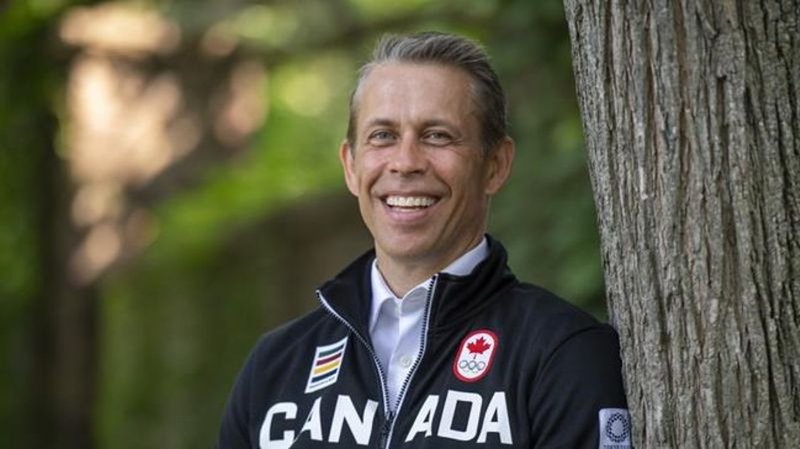
Shoemaker: Getting to Beijing is the first Olympic competition
When Canada’s team of more than 200 athletes are aboard their chartered flights to Beijing, it will feel like the first major Olympic hurdle has been cleared, says David Shoemaker.
The Beijing Games open in exactly one month, but the competition has already started. The challenge: getting the country’s top athletes to China without testing positive for COVID-19, an ominous and invisible threat that few could have seen coming just a few weeks ago.
“I think we all will feel like the first discipline in this competition will be completed at that point,” Shoemaker said.
The CEO of the Canadian Olympic Committee told CBC a week ago that he was “worried” about the Games, a feeling surely shared by athletes.


